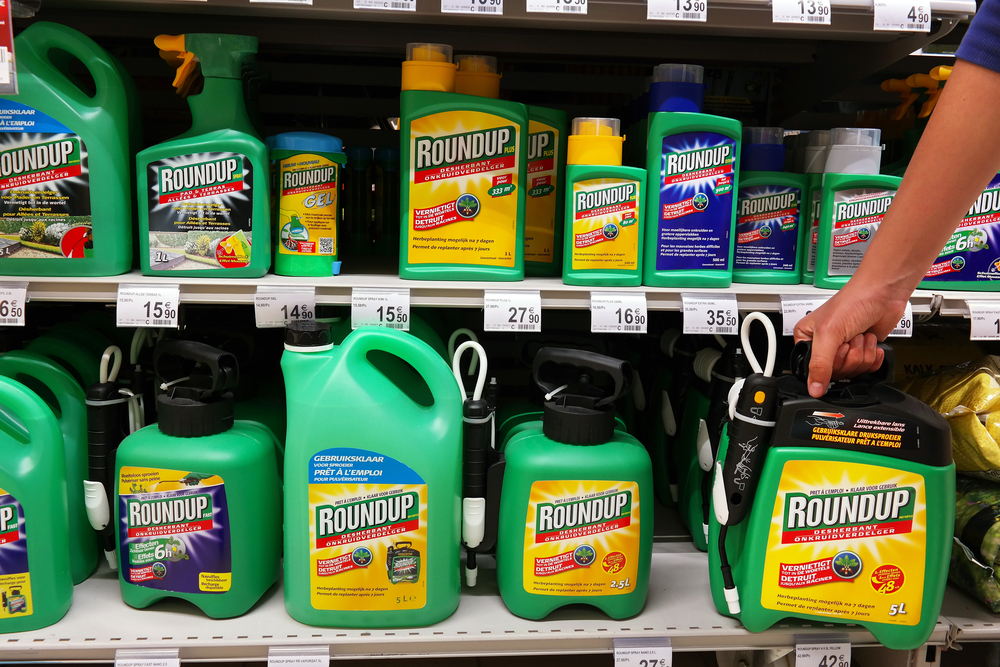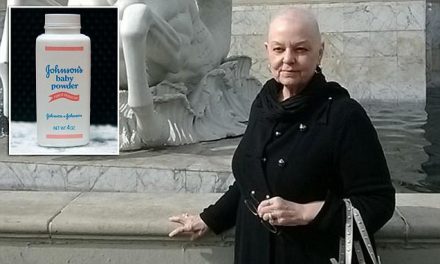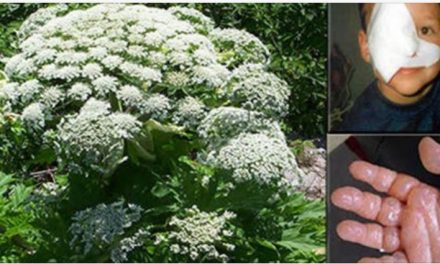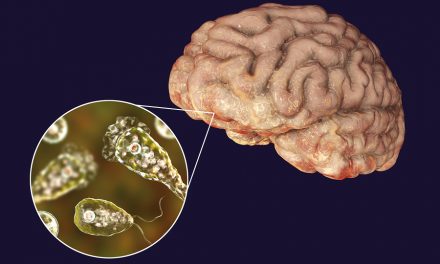Former NFL player and ESPN analyst Merril Hoge is suing the company that produces Roundup, saying that the product caused his cancer.
In a complaint filed in July and obtained by PEOPLE, Hoge claims that he developed non-Hodgkins Lymphoma “as a direct and proximate result of being exposed to Roundup,” which he used extensively while working on an Idaho farm as a young teenager beginning in 1977.
Hoge’s complaint also says that Monsanto “was aware of glyphosate’s carcinogenic properties” as early as the 1980s, but marketed the weed killing product with “false, misleading and untrue” information about the product’s safety. The complaint goes on to cite several reports that find glyphosate, the predominant ingredient in Roundup, to be harmful.
RELATED STORY:
The former Steelers player is fortunately now cancer-free after undergoing extensive treatment.
Bayer, which acquired Monsanto in June 2018, told PEOPLE in a statement Thursday that science does not back up claims that glyphosate can cause cancer.
“We have great sympathy for any individual with cancer, but the extensive body of science on glyphosate-based herbicides over four decades supports the conclusion that Roundup does not cause NHL,” the company said.
RELATED STORY:
“Leading health regulators around the world have repeatedly concluded that Bayer’s glyphosate-based herbicides can be used safely as directed and that glyphosate is not carcinogenic, based on an extensive body of science spanning more than 40 years, including more than 100 studies EPA considered relevant to its cancer risk analysis, and more than 800 safety studies overall submitted to regulators,” Bayer’s statement continued.
Bayer’s statement also cited the Environmental Protection Agency’s announcement in May that “glyphosate is not a carcinogen” and that there are “no risks to public health when glyphosate is used in accordance with its current label.”
However, a 2015 report from the World Health Organization’s International Agency for Research on Cancer said that glyphosate is “probably carcinogenic to humans.”
“There is convincing evidence that glyphosate also can cause cancer in laboratory animals,” the report said, and that glyphosate “caused DNA and chromosomal damage in human cells.”
RELATED STORY:
Of the thousands of cases that have been brought against Monsanto, only three have gone to trial — but in all three, the plaintiff won, with the jury finding Roundup to be a “substantial contributing factor in causing the plaintiff’s cancer,” according to CNN.
The first case against Monsanto came in August 2018, and a jury awarded a golf course groundskeeper $289 million, which was later reduced to $200 million. Another man was awarded $80 million in March, and in May a couple was awarded $2 billion in punitive damages, though that number was later reduced to $87 million.
Hoge spent the majority of his NFL career playing for the Pittsburgh Steelers and spent his final year in the league on the Chicago Bears. After his football career, during which he suffered multiple concussions, he spent 20 years as a football analyst for ESPN.












